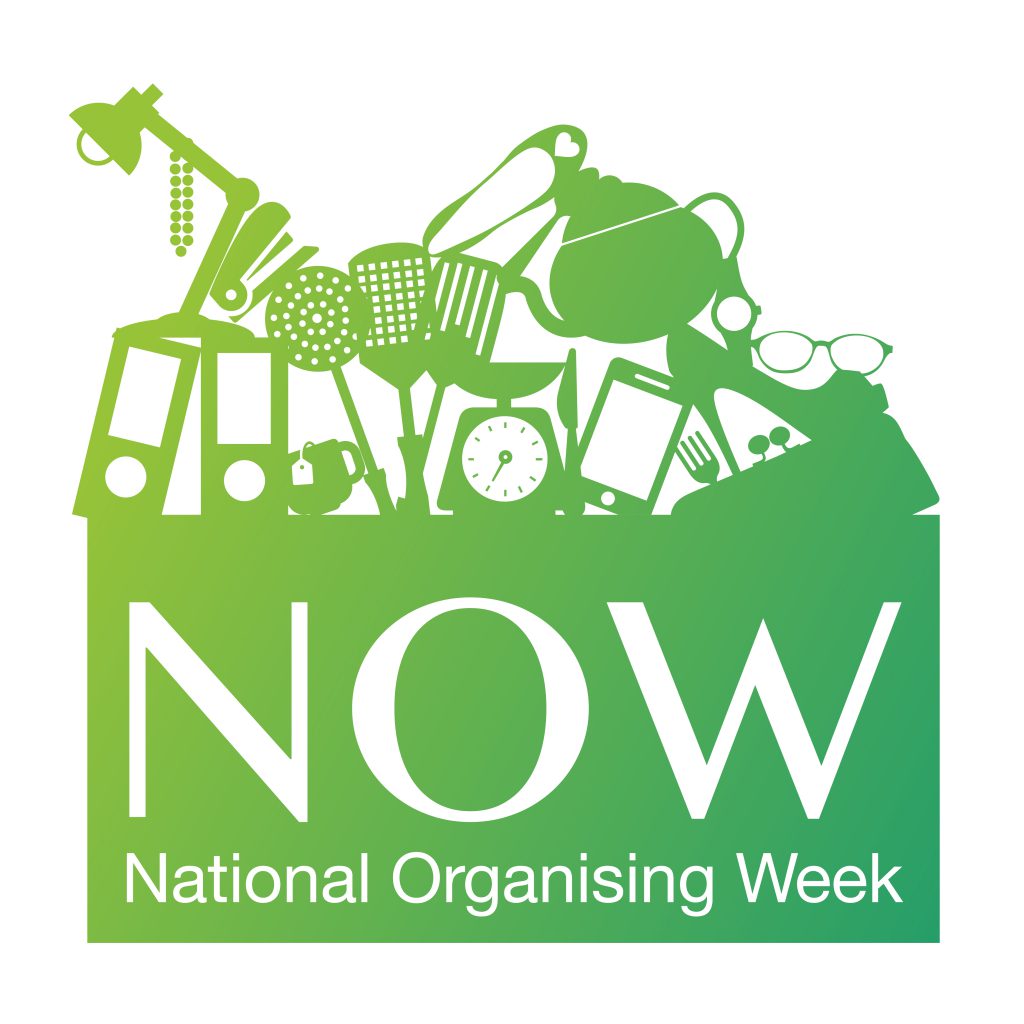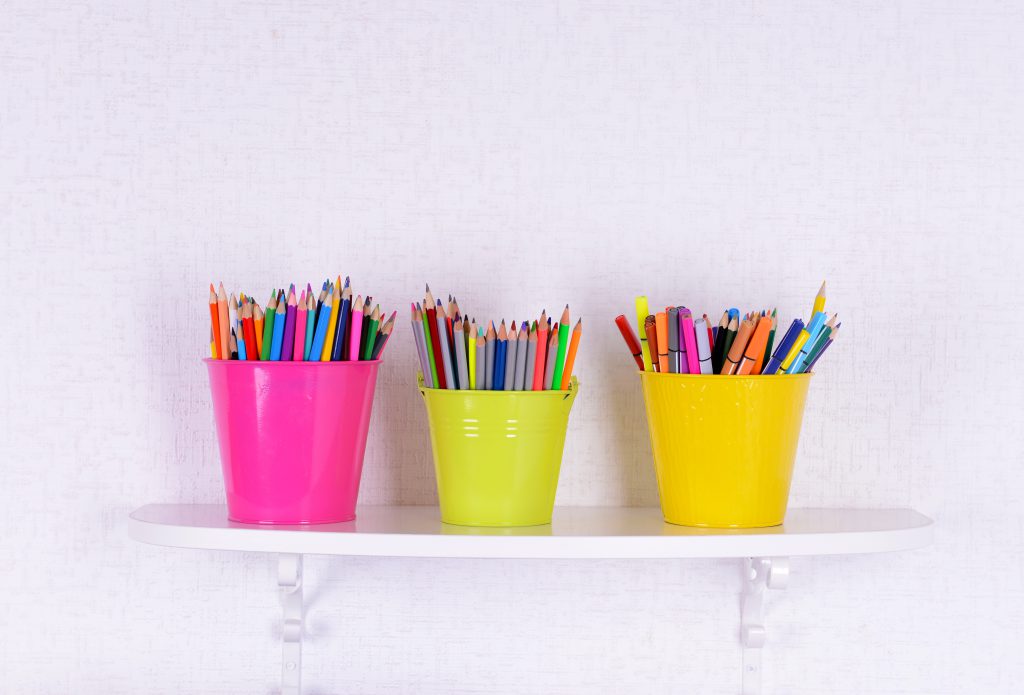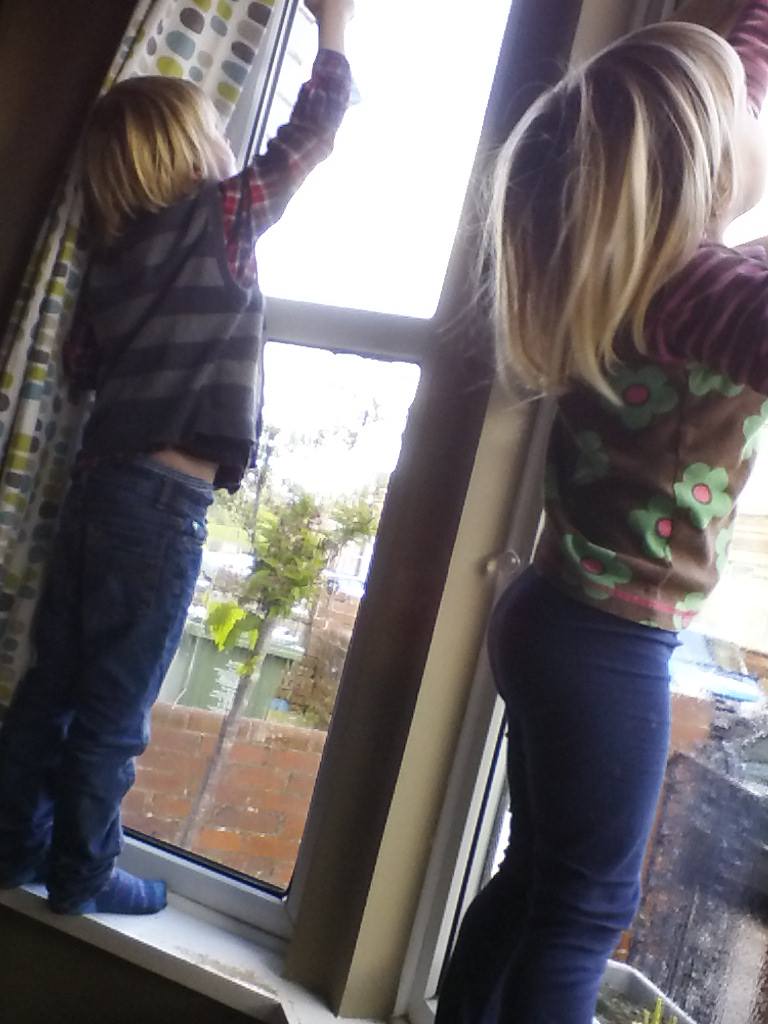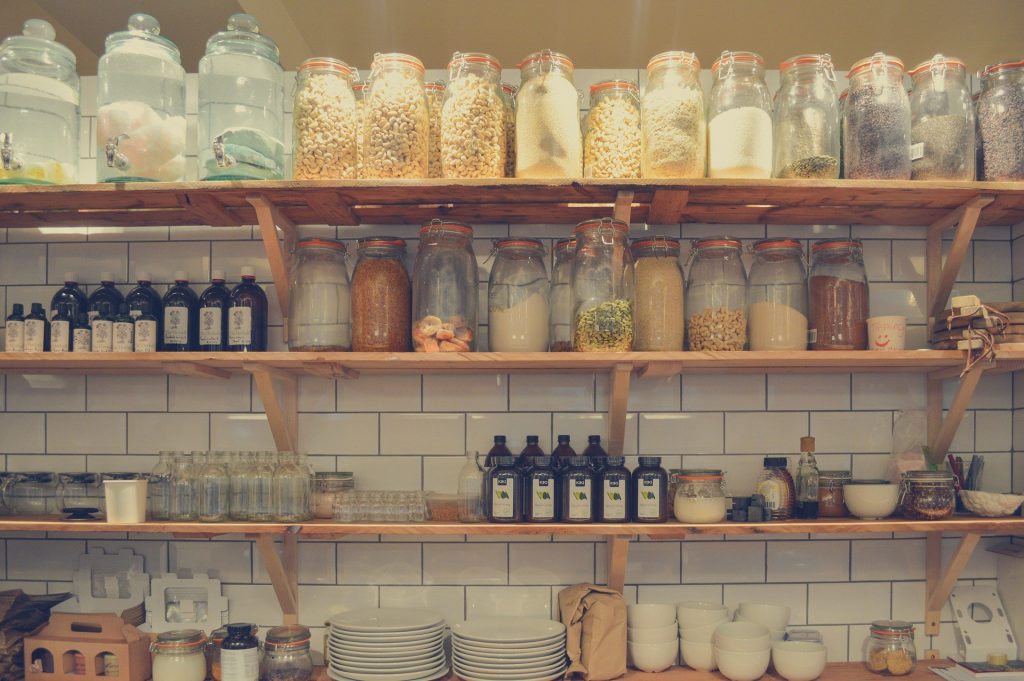
This week is National Organising Week (NOW) when the Association for Professional Declutterers and Organisers experts are sharing information to inspire and motivate anyone who wants to declutter or organise any aspect of their home or life. We don’t just do physical decluttering, and can also support you with life organisation, motivation, habit change and overcoming procrastination, in person or virtually.
This year’s theme for NOW is Organising Your Home For Sustainable Living.
We all need to reduce our impact on the planet and, like decluttering a cluttered house, it can feeling overwhelming and too daunting to make a start. But change happens through a collection of little actions, none of us can do everything at once.
I want to share some principles with you which can help us use less resources, save energy and save money.
Make use of what you already have
If you already have something, it’s a waste to buy it again.
By decluttering and having an organised home, you know what you have, can find it when you need it and don’t need to re buy things you already have that are lost.
Keeping track of the food you already have will save you money as you use up what’s already in the kitchen rather than buying more.
Use the heat in your home. Check your doors and windows for draughts and use draught excluders and curtains to keep the heat in.
Borrow or rent items you only need occasionally
A hat for a wedding, a pressure washer, a pair of salopettes… How often are any of these things useful and how much space do they take up in people’s homes? Instead of buying new for the rare occasion that they are necessary, things like this can be shared. Maybe you know someone who can lend you what you need or you can hire for occasion. There are more and more libraries of things being established to enable the sharing of tools and other useful objects. I am very excited that a successful crowdfunding campaign has brought Exeter Library of Things into existence in the last week.
Swap
Does someone else have something you need and do you have something they have been looking for? If so how about swapping.
You can organise a clothes swap amongst a group of friends and freshen up your wardrobe at the same time as passing on the things you haven’t been wearing.
Is there a product that you use in looking after your home or yourself that you could swap for a more sustainable product? Changing your deodorant – I like Pit-tastic, or your cleaning products – Mix have some great options, is a tiny habit change which can really help reduce your impact on the environment.
Some other swaps to consider include changing from disposable nappies, sanitary pads and wipes to washable options.
You can look at the options for swapping the food you buy pre-packaged for the same product direct to your container or bag. We are fortunate where I live in Devon to have an increasing choice of food shops with zero waste options.
Check your second hand options before buying new
Be it clothes, furniture, homeware or electrical items, check if you can find what you need second hand before going to buy new. By doing this you save precious resources as the thing that already exists doesn’t need to be made again just for you. By this point in time, the things we need are usually already in existence somewhere. I like playing the game of matching the object with the person who needs it. By hunting charity shops, second hand shops, asking friends if they are getting rid of what you need, you can often get what you need without buying new.
Embrace Imperfection
Often items don’t reach the big retailers for sale because they are not perfect. Minor imperfections can lead to perfectly good products being sent to landfill. See if you can get what you need for less, while saving something from landfill by looking out for descriptions like wonky, seconds, graded, or refurbished.
Buy local and seasonal
Small local producers are important for a sustainable world. Buy local where you can, reducing the need for transportation. When buying food locally, as well as reducing transportation, your food will be in season, will need less refrigeration and you will be able to eat it when it is most nutritious.
Reduce, Reuse, Donate, Compost, Recycle
Living more sustainably involves all of these things.
Reducing what we consume naturally means using less. We can always ask the question. Do I really need it?
Reusing makes sense of what we already have. If something is worth having, it’s worth making use of.
Donating what we don’t need means someone else can avoid buying new. It is also a way that charities can make money by selling in their shops.
Compost what you can, makes some of your waste useful.
Recycling is really important, but it takes energy to recycle and the less we consume in the first place, the less recycling we will need to do.
What small steps are you taking so that you live more sustainably? I am most interested in the small steps because the little things are usually the ones that concern our everyday habits and I’m all about establishing and maintaining great habits. Our everyday habits have a much bigger impact that one off actions. Don’t let the enormity of the task put you off doing something today. We can all do something today or this week which will have a huge and very positive impact.
Kate Wren
Your Sorted Nest
www.yoursortednest.com

–
–








